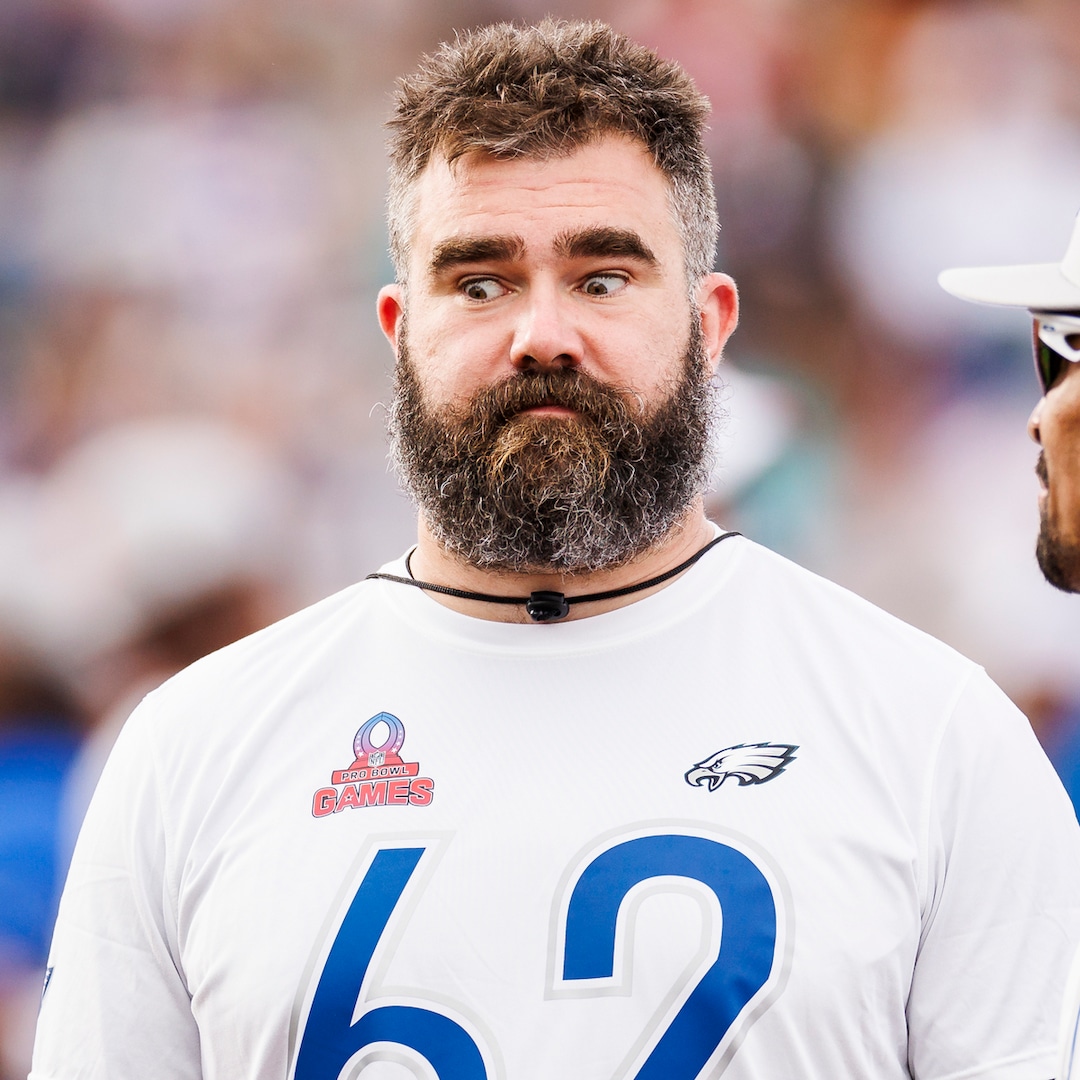Beauty
Opinion | Oprah — and America — Embrace the Promise of Ozempic

What Oprah did try to do is finally write the ending to a story about bodies that she has been writing for almost 40 years. “The Oprah Winfrey Show” went into national syndication in 1986. I was 10 years old. That means I have been in a psychosocial relationship with Oprah’s weight-loss struggles for longer than I have been an adult.
In the 1980s, most of the Black women on television were either fair-skinned beauty queens like Vanessa Williams or darker-complexioned mother figures like Nell Carter. Oprah was not a thin beauty queen, but she also wasn’t the help. Engaging, articulate, and utterly in control, Oprah embodied possibilities. Along the way, she also introduced a new language about bodies. They could be sites of struggle and changing them could become a public ritual. The show’s 25-year run became a cultural textbook for remaking one’s self as Oprah lost weight, gained weight, pivoted from “skinny” to “fit” and took us along for every part of the ride.
This special reminded audiences that Oprah is remarkably, almost preternaturally, good at making compelling television for a broadcast audience. It was her narrative storytelling that turned “The Oprah Winfrey Show,” a talk show, into something more like long-form narrative. Each episode had a topic. The topics had range: the best vacations, how to know if your husband had cheated on you, reconciling with your racist mother-in-law after you have a biracial baby.
But Oprah also created a meta-narrative in the ongoing story of her weight. Would this be the day, the week, the show, the year that Oprah loves or hates her body?
When Oprah ended her talk show in 2011, she had settled into her body. But settling is not love. In that way, she was, as she had become during her career, a stand-in for millions of Americans. Chained to our bodies, destined to be wed to them, but never falling in love. We are at turns fat, not “fit,” overweight and obese. The acceptable terminology changes. It accommodates new fad diets — Atkins, Mediterranean, low-glycemic — and new morals around bodies. What has not changed is that weight loss is a booming business that seems to have no ceiling. Being fat can be hell. Selling to fat people is profitable.





















